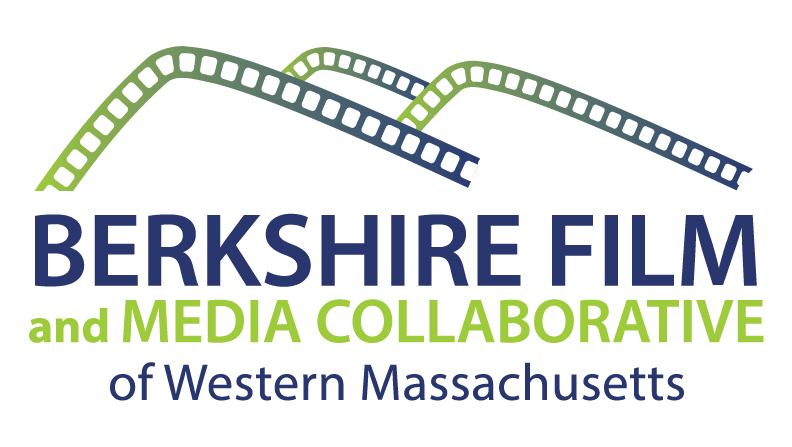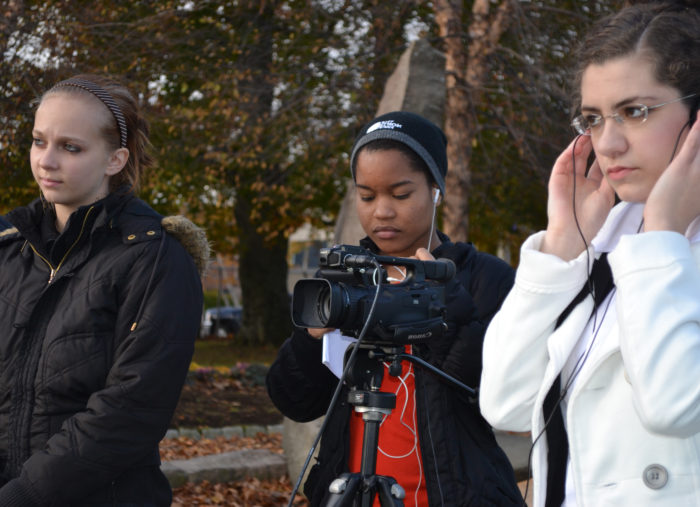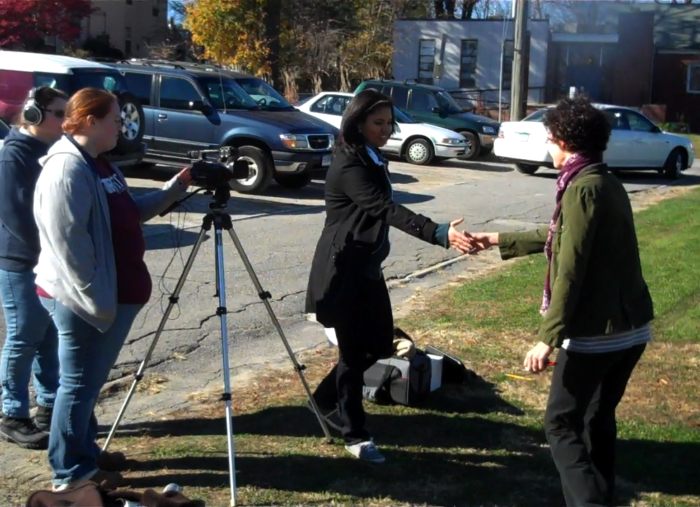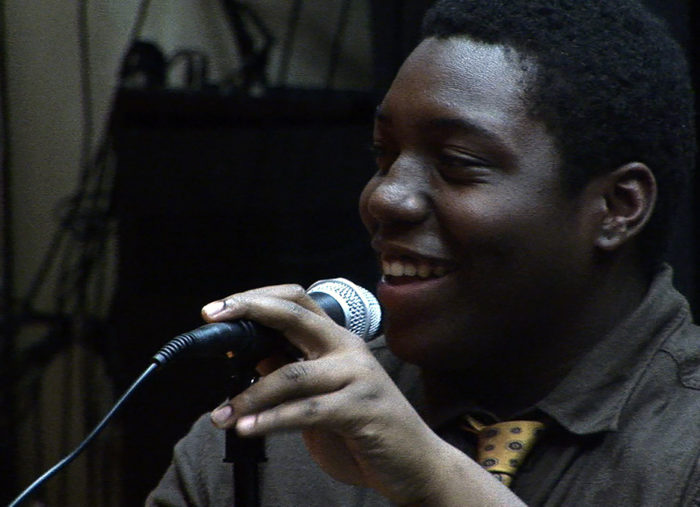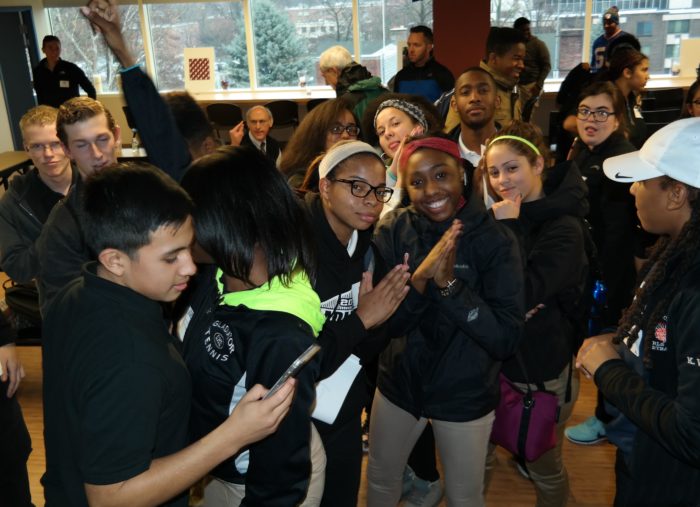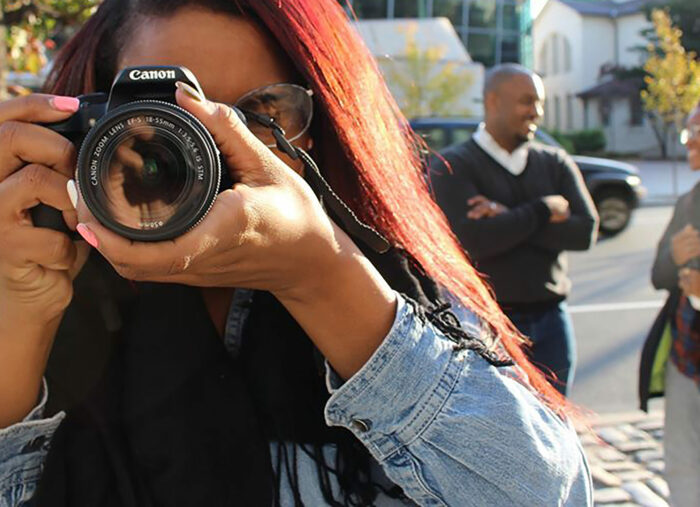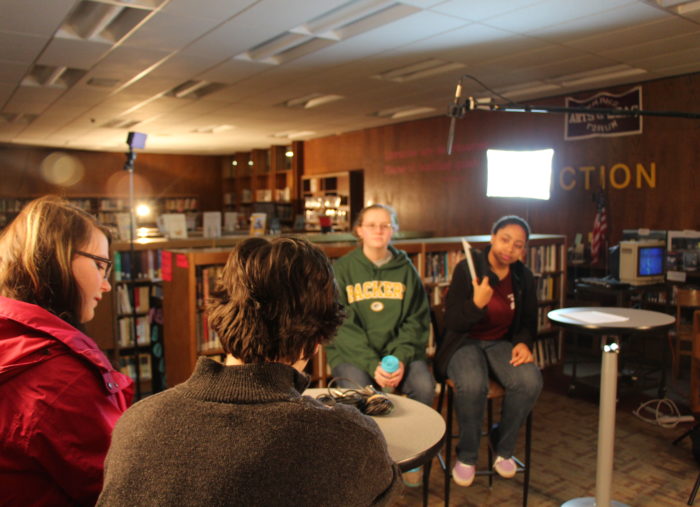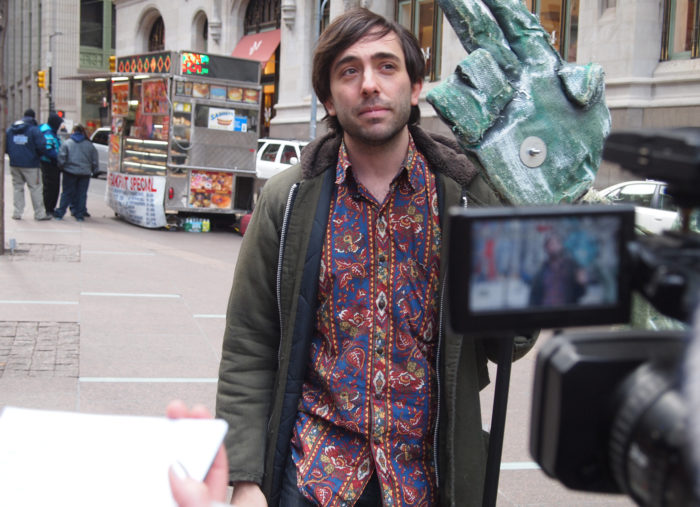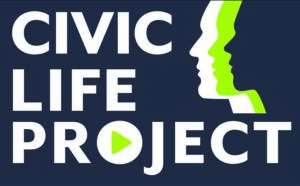Bridging Divides, Healing Communities
Youth Film Challenge 2021
We’re pleased to present the winning films.
Award Winners
-
First Place: In Our Backyard
View FilmSubject:
The debate over affordable housingFilmmaker
Yonah Sadeh of Falls Village, CT
Student at Bard College at Simon’s Rock -
Second Place: Misunderstood.
View FilmSubject:
The challenge of attending school with a learning disabilityFilmmaker:
Tommy Tranfaglia of Lenox, MA
Student at Endicott College -
Third Place: Self Image
View FilmSubject:
The pressures of body image from a young man’s perspectiveFilmmaker:
Danny Wilkinson of Sheffield, MA
Student at Mount Everett High School
Honorable Mention
-
Under Pressure
View FilmSubject: The impact of social media on teenagers
Filmmaker: Madison Long of Canaan, CT
-
Hidden Insecurities
View FilmSubject: Food insecurity in a region known for wealth
Filmmaker: Anna Coon of Sharon, CT
-
The Story of Indigo Phoenix
View FilmSubject: Four teenagers find strength as they struggle with social issues
Filmmaker: Rachael Bentz of Pittsfield, MA
-
he/she/they
View FilmSubject: The importance of using people’s preferred pronouns
Filmmaker: Samantha Hoffman of Chatham, NY
Semi-Finalists
-
The Black Legacy Project
View FilmSubject: A conversation among young people that’s part of a larger initiative to build solidarity and advance racial justice, equity, and equality
Filmmaker: Emma Kostyun, Pittsfield, MA
-
One for All… All for One
View FilmSubject: Three brief stories of high school students struggling to fit in who are helped by friends and a supportive environment
Filmmaker: A team of students at Dover Plains High School, NY
-
A Foreign Country: Self Reflections
View FilmSubject: A young woman adopted from Tanzania deals with issues of identity, community, culture, and belonging
Filmmaker: Dorree Ndooki, Great Barrington, MA
-
The Curran Highway: A Connection That Divides
View FilmSubject: A look at a stretch of highway in disrepair and how it disadvantages people without the means to own a car
Filmmaker: Marko Roman Iwasiwka, Adams, MA
-
Encompassing the Youth Experience
View FilmSubject: Documentation of Railroad Street Youth Project’s Community Mural Project
Filmmaker: Fiora Laina, Lenox, MA
Free Screenings and Discussions
The Youth Film Challenge culminated in two public screenings of the top films followed by a Q&A and panel discussion on the topics raised in the films. Filmmakers in attendance were honored for their achievements and participated in the panel discussions.
-
The Crandell Theatre
Chatham, NY on Saturday, December 4, at 11 am
Moderator: Catherine Tatge, Filmmaker and Cofounder of Civic Life Project
Panelists
- Carolynn Anklam, Chief Quality Officer of Coarc
- John Hoffman, Award-winning Documentary Filmmaker
- Mike Stead, Assistant Principal at Chatham Middle School
- Dien Vo, Filmmaker and Professor of Film and Media Studies, Bard College at Simon’s Rock
-
Daniel Arts Center, Bard College at Simon's Rock
Great Barrington, MA, Sunday, December 12, at 3 pm
Moderator: Diane Pearlman, Executive Director of Berkshire Film and Media Collaborative
Panelists
- Mirissa Neff, Broadcast Journalist and Producer and Documentary Filmmaker
- Ananda Timpane, Executive Director of Railroad Street Youth Project
The Youth Film Challenge Jury
-
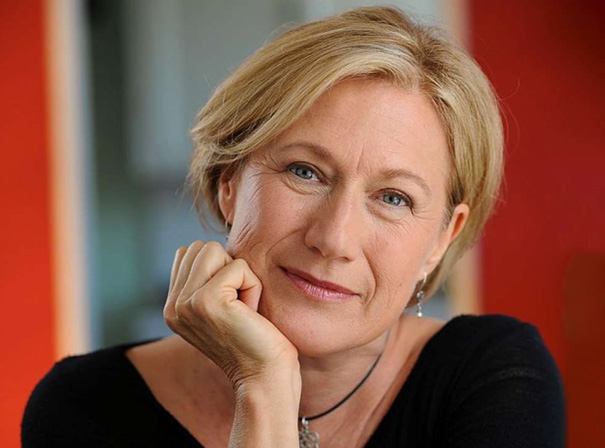
Jayne Atkinson is an award-winning actor and Berkshire County resident who works in film, theatre, and television. She is known primarily for her work in such hit television series as 24, House of Cards, Madam Secretary, Criminal Minds, and Clarice.
-
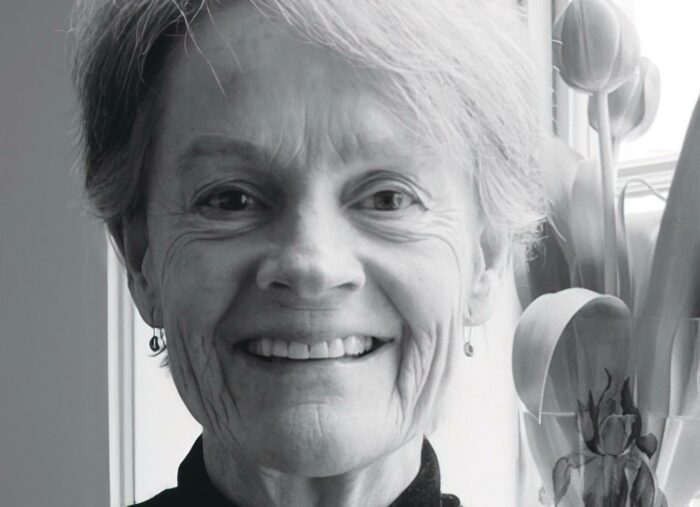
Gretchen Rennell Court is a casting director and Dutchess County resident. She has worked in film for more than four decades, casting such Hollywood hits as Flashdance, The Cotton Club, Children of a Lesser God, The Color of Money, Agnes of God, and The Horse Whisperer.
-
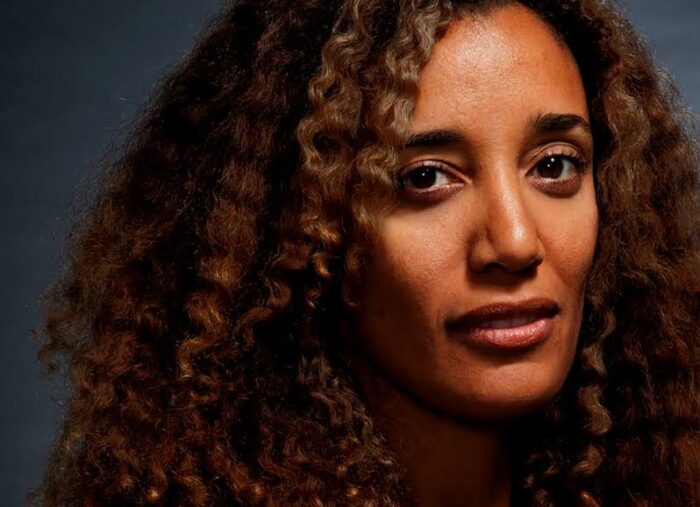
Mirissa Neff is a documentary filmmaker and Columbia County resident whose work centers on themes of race, music, and how images can help people imagine new collective futures. She has worked as a producer and correspondent for a range of PBS and public radio programs. Her latest project, a feature film titled This is National Wake, will be released in 2022.
-
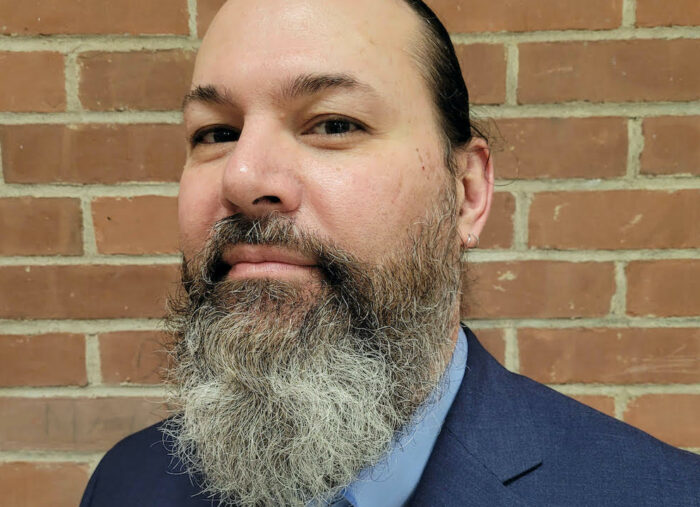
Damon Osora is an educator and Litchfield County resident. He is chairman of the English Department at Housatonic Valley Regional High School, where he has taught a range of classes—including film—since 1995.
-
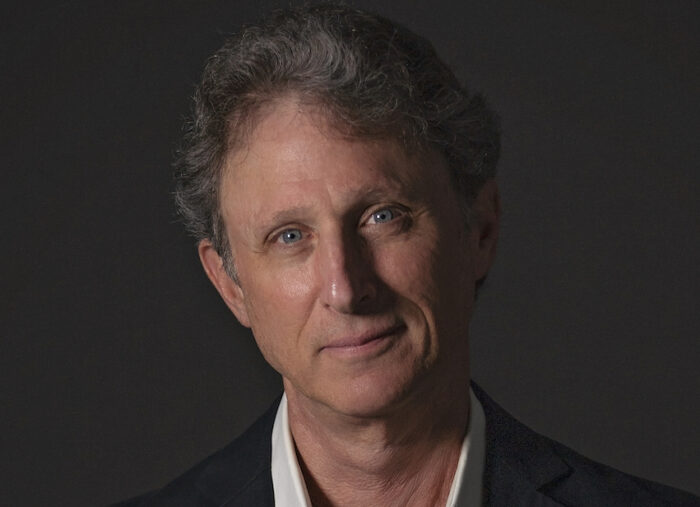
Matthew Penn is an award-winning director and producer who grew up in Berkshire County and New York City. He has worked in theatre as an actor and director, and has directed more than 150 prime-time television dramas including House, The Sopranos, NYPD Blue, and The Closer, and Law & Order.
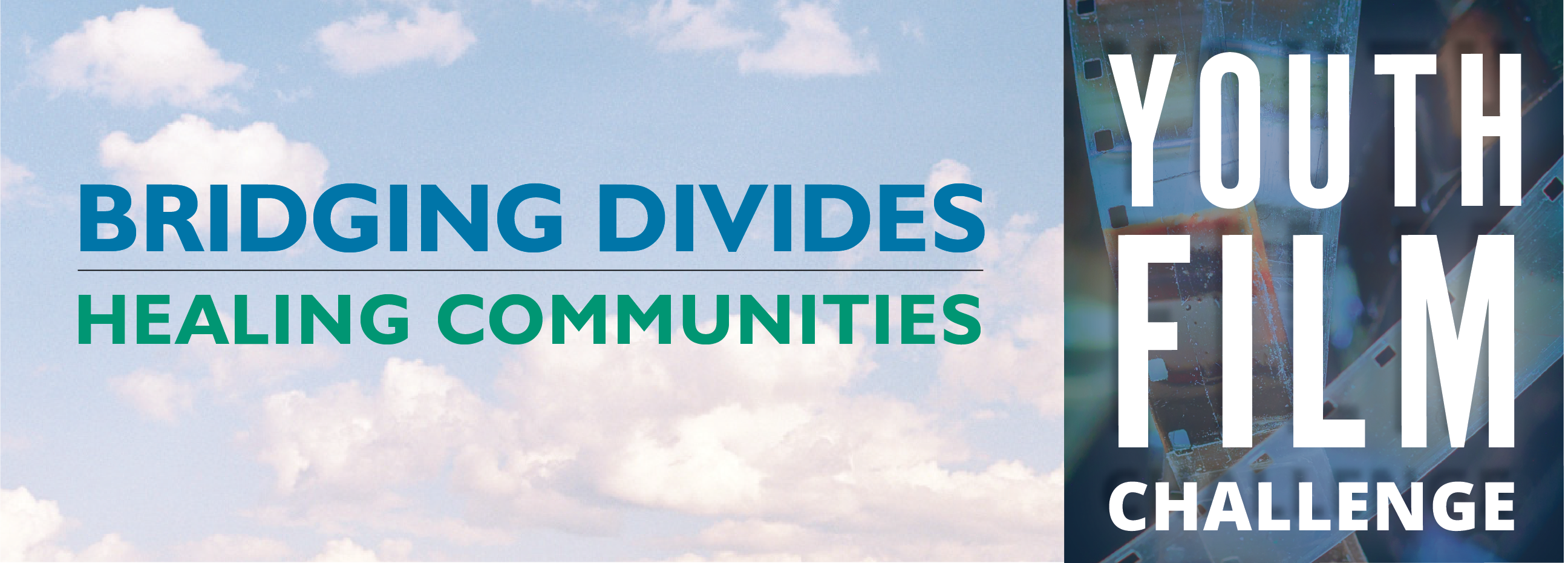

Read all about the Youth Film Challenge
in The Berkshire Edge and Compass
Watch Diane Pearlman on
Mass Appeal and Connecting Point.
Have you been thinking about how to address global problems or resolve inequities in your country, your state, your town, your community, your school, or even your family? Do you see a way forward? If you’re between the ages of 14 and 24 and you live or attend school in our region, we’re inviting you to make a 6-minute (or less) film that focuses on a specific challenge that divides us and shows how you would tackle it.
We’ve partnered with Berkshire Taconic Community Foundation and the Civic Life Project to present the Bridging Divides, Healing Communities Youth Film Challenge. It’s easy to apply, it’s free to enter, and you won’t be on your own. You can learn skills from professional filmmakers in free workshops and Q&A days, and we’ll be here to offer advice along the way. Don’t worry about equipment; you can shoot it on your smartphone! We’ll even give you $50 toward your production if you’re among the first 50 to submit your film. We might be able to help out if you don’t have a camera.
Your entry will be judged by a panel of film industry professionals, and you’ll have the chance to win up to $2000 and have your film screened at 2 local theaters. You have until November 14 to submit your film.
Get the details below, start putting together ideas for your film, fill out the application, learn any skills you need to know in our workshops/videos (below), shoot and edit your film, and submit it before midnight, November 14.
Important Details
-
1
The submission period ends on November 14, 2021.
We know it’s tough to make a film during a pandemic, so we have extended the deadline by two weeks. You may enter as an individual or a group; just be sure to enter before midnight 11/14!
-
2
Films should be no longer than 6 minutes.
You may submit a film that’s already been completed or create something new!
-
3
You must be between the ages of 14 and 24.
-
4
MapTo participate you must be a resident of or attend school in the Berkshire Taconic Community Foundation region, which includes Berkshire County, Massachusetts; Columbia County, New York; parts of Dutchess County, New York; and parts of Litchfield County, Connecticut.
Check this map to see if you qualify.
-
5
Apply nowFill out the application form.
(Don’t worry, it’s very short!)
This lets us know who you are, what topic you plan to address with your film, whether you’re eligible to participate, and if you need help with a camera. It also lets us know that you have read and agree to the rules and terms of the Bridging Divides, Healing Communities Youth Film Challenge.
You’ll receive an email confirming your application when you’ve completed the form. -
6
SUBMIT YOUR FILMSubmit your film!
(Again, it’s a very easy submission process.)
You’ll receive a confirmation email once we’ve received your submission. Not only is it free to submit your film, but the first 50 people to enter will receive $50 toward their production costs. By submitting your film, you agree to the rules and terms of the Bridging Divides, Healing Communities Youth Film Challenge.
Helpful Guidelines
-
How to Pick a Topic
Share your views on what’s creating divisions and inequities in society, and show how you’re tackling challenges in your families, schools, and communities. Your film can explore topics such as climate change; the state of our democracy; exclusion based on identity, age, religion or social or immigration status; or any local, national or global issue of your choosing for which there are opposing views yet possibilities for reconciliation and healing.
Here are a few more ideas (pdf).BE CREATIVE! Make a music video, spoken word/poetry session, write a play, do a short documentary, make a commercial or short narrative. The possibilities are limitless!
-
A Few Things To Think About
What’s the purpose of your video? What’s the message you’re trying to convey? What’s the tone of the video (serious, funny)? How do you want people to feel when they watch it?
-
Title
Make sure you have an opening title and that you credit the people who starred in and worked on your film.
-
Music
You can find free music on the internet. Otherwise, you must pay for the right to use music or songs (which can be expensive). You could also create original music.
-
Get a Release
If you’re filming people, you must get a release giving their permission to participate in the video. It’s a good idea to make several copies of the release form and take them with you on a clipboard (along with pens) whenever you film. Click here for the RELEASE (pdf).
-
Location
If you’re filming at a location other than your own home or on the property of someone you know, you must get a location release giving you permission to use someone else’s premises. It’s a good idea to make several copies of this form and take them with you on a clipboard (along with pens) wherever you film. Click here for the LOCATION RELEASE (pdf).
Workshop Videos
Videos of online workshops led by local professional filmmakers to support Youth Film Challenge participants. Watch the videos to learn skills that will help you make your film.
-
Tips on Filming with Your Phone, presented by Ben Willis
Watch the VideoIf you own a smartphone, you’ve got a sophisticated, easy-to-use video camera right in the palm of your hand, but you’ve likely only scratched the surface of what you can do with this powerful pocket-size tool. Award-winning documentary filmmaker and educator Ben Willis explains how to get the most out of your smartphone as a video camera, including best practices to capture high-quality footage
-
How to Film an Interview, presented by Ben Willis
Watch the videoConducting a good interview and capturing it on film or video requires preparation and know-how. Learn the fundamentals of filming an interview, Including how to prepare, testing your equipment in advance, best ways to set up in the physical space, and techniques for putting your interview subjects at ease.
-
How to Create Great Content/What Is B-roll?, presented by Ben Willis
watch the videoLearn multiple techniques for production when it comes to filming b-roll on location, such as utilizing different frame speeds, reliable approaches to camera stabilization, and other tips to make you a better camera operator. You’ll also gain an understanding of post-production techniques, how to use your b-roll effectively, and a few editing tips and tricks to improve the look of your final film.
-
Simple Editing Tools, presented by Joe Aidonidis
Watch the videoKnowing how to edit—including what tools are available to you—is critical to producing a polished, powerful film. Learn the basics of video editing from award-winning documentary filmmaker Joe Aidonidis. You’ll learn about file storage and basic editing techniques, and you’ll get a general overview of editing tools. These principles will be useful to anyone using any kind of editing software.
-
Storytelling for Short Films, Presented by Dominique Lasseaur
WATCH THE VIDEOThe human brain is hardwired for narrative; we think in stories, remember in stories, and turn just about everything we experience into a story. Film and television producer Dominique Lasseur, cofounder of the Civic Life Project, explains how to create a short film with big impact by starting with a broad issue—such as climate change—and telling a story that will resonate with your audience.
-
Preparing to Finish: The Essentials of a Complete Film, Presented by Dien Vo
watch the videoFinishing a film can be the most difficult part of the filmmaking process. In this workshop, filmmaker and educator Dien Vo explains how to ensure you have enough material to complete a compelling film. You’ll learn how to plan ahead to make sure you’ve got all the elements you need, so you don’t find yourself missing something important as you finish your film in post-production.
-
Directing Your First Documentary, Presented By Iin Purwanti
WATCH THE VIDEODocumentary films have become a powerful and increasingly popular medium for telling stories. In this workshop, filmmaker and activist iin Purwanti explains how to assess whether a story is worth telling in film and explores the many approaches you can take to tell it.
-
The Sound of Film: Foundational Principles, Presented by Dien Vo
Watch the videoFilmmakers often focus on the visual aspects of a film while overlooking sound. In this workshop, filmmaker and educator Dien Vo covers a number of practical principles for beginners working with sound in film, useful tools in post-production, and the role of hearing during recording and editing.
Other Resources
-
Official Rules
Here are the RULES (pdf) for participation. You will need to agree to them when you submit your application.
-
Need a Camera?
If you don’t have a phone with a camera, we might be able to help. Simply write to us: info@berkshirefilm.org
Have questions?
Sponsors
brought to you by
